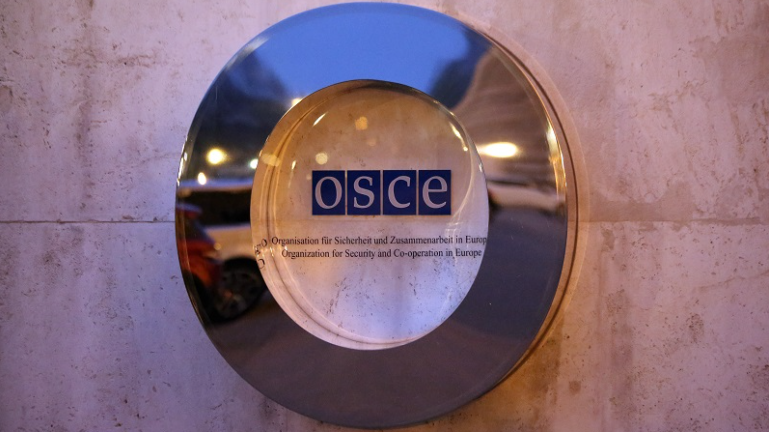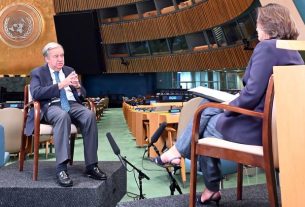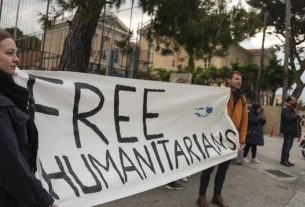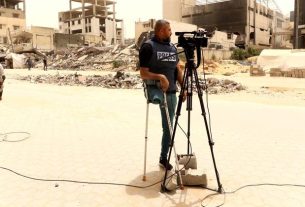WARSAW, 15 May 2025 – In a move that has alarmed international human rights organizations, a Moscow court has sentenced Grigory Melkonyants, co-chair of the independent Russian election monitoring group Golos, to five years in a penal colony. In addition to his prison term, Melkonyants has received a nine-year ban on public activities, effectively preventing him from participating in civil society efforts.
International Condemnation
The OSCE Office for Democratic Institutions and Human Rights (ODIHR) swiftly responded to the verdict, expressing serious concerns over its implications for democratic standards in Russia. ODIHR Director Maria Telalian emphasized that independent election observation is a cornerstone of electoral integrity.
“Independent and impartial citizen election observation is fundamental to the integrity of any democratic process,” she stated, adding that Golos has long played a crucial role in promoting transparency and public trust in Russian elections.
The conviction has triggered sharp criticism from global watchdogs, including Amnesty International, which labeled the ruling a politically motivated attack on election observers. Analysts warn that Melkonyants’ sentencing is part of a broader crackdown on civil society and independent monitoring bodies, raising fears of increasing restrictions on civic space.
Growing Pressure on Civil Society
Over the past few years, Russia has tightened its grip on independent organizations and human rights defenders, limiting their ability to function freely. ODIHR has noted a concerning trend of legal actions targeting civil society actors, potentially undermining democratic oversight and weakening the protection of fundamental freedoms.
The Russian Federation is bound by international obligations to uphold the rule of law and ensure accountability for human rights violations. ODIHR has urged Russian authorities to review Melkonyants’ case and reaffirm their commitment to democratic principles.
Calls for Action
With mounting pressure from international organizations, the case of Grigory Melkonyants highlights the ongoing challenges faced by election observers in restrictive environments. Diplomatic figures and human rights organizations have called on the Russian government to reverse the conviction and guarantee protections for civil society members.
As concerns grow over the future of election monitoring in Russia, the international community continues to watch closely, urging authorities to safeguard fundamental democratic values.



